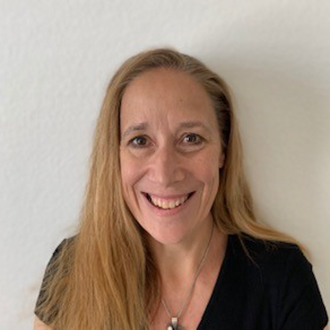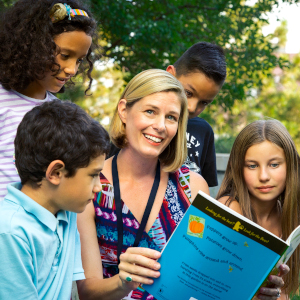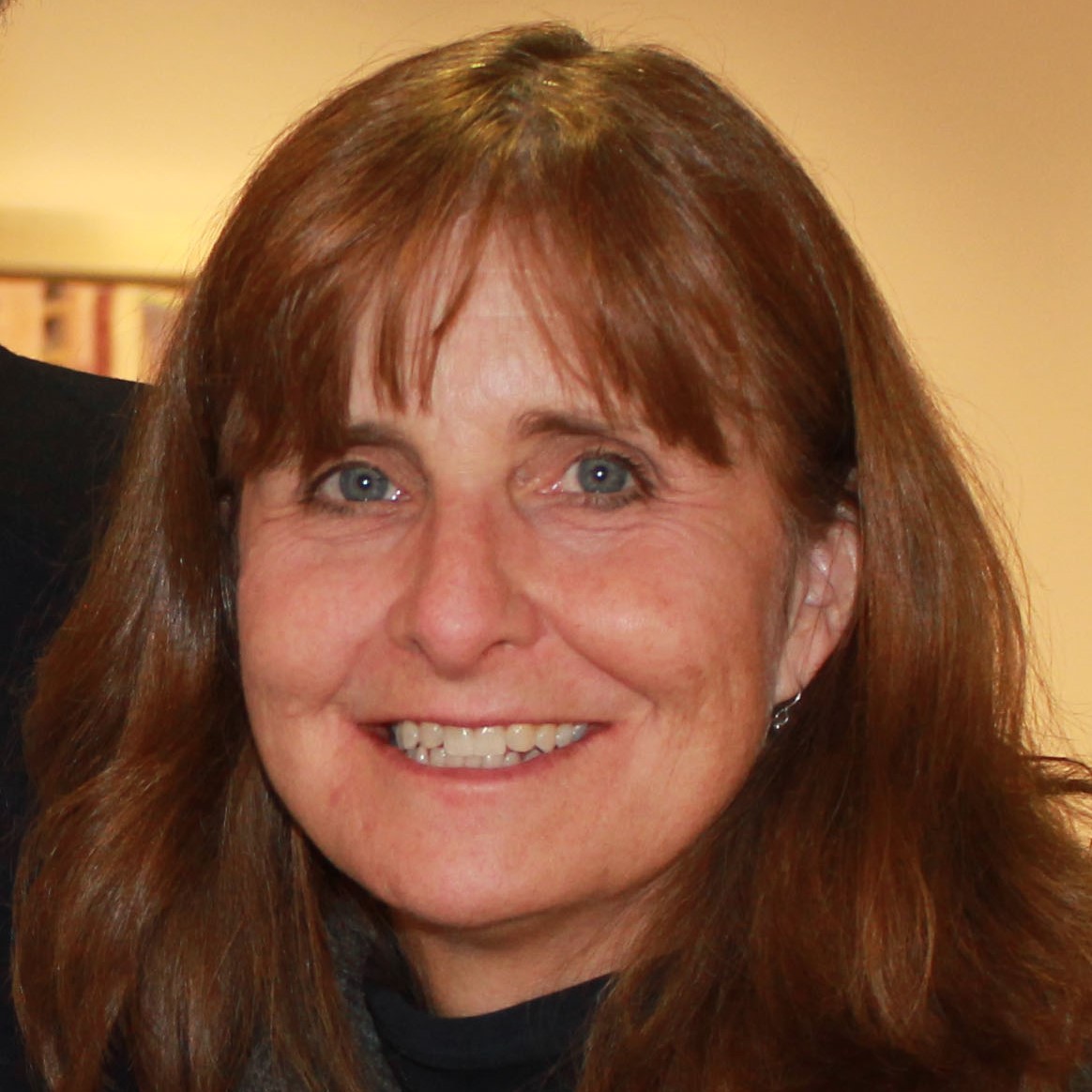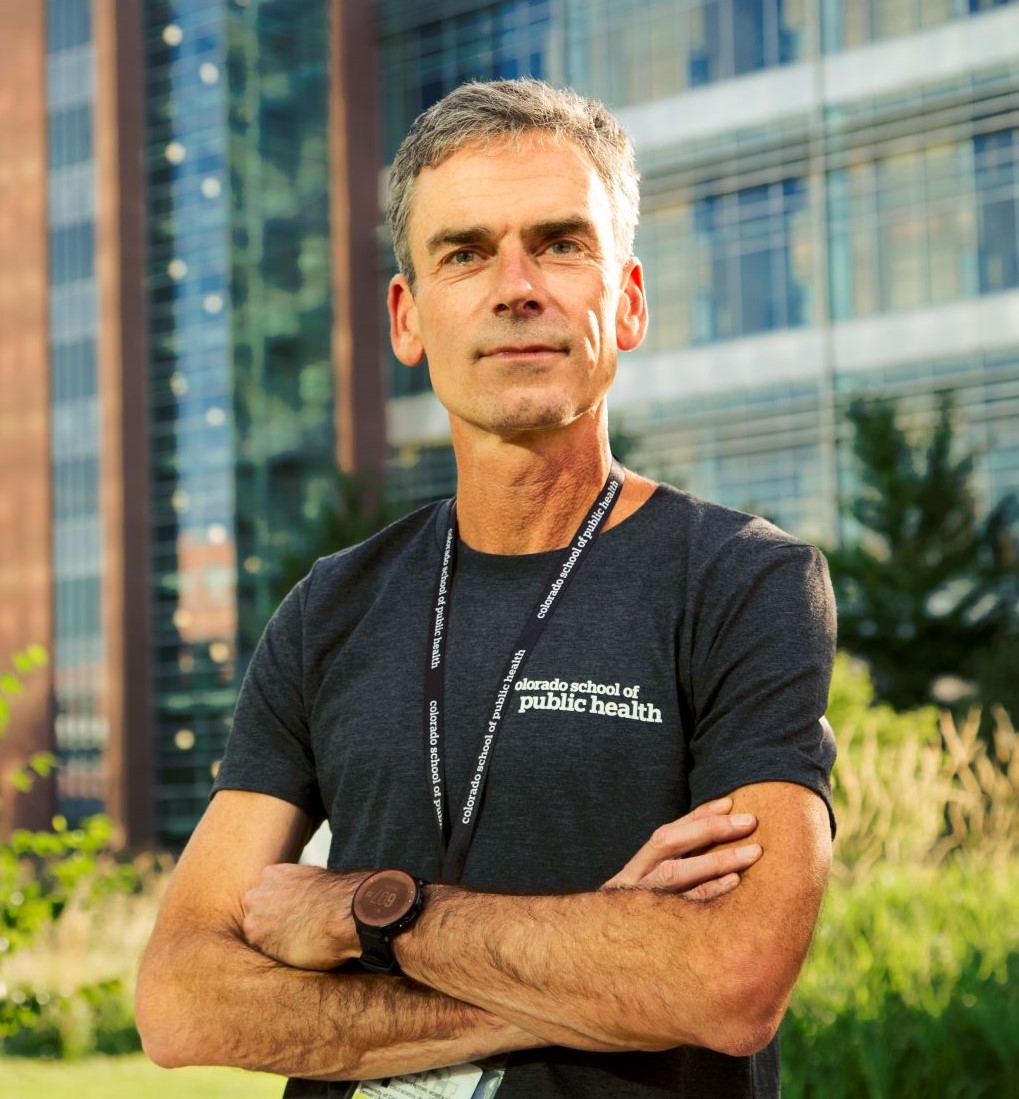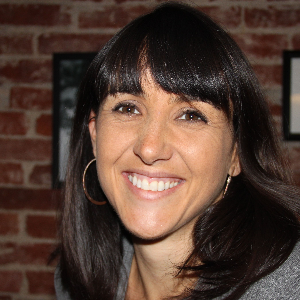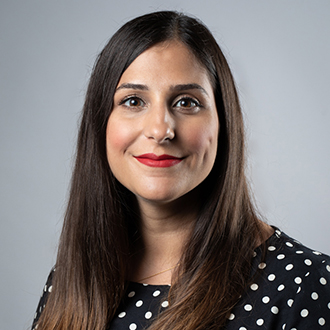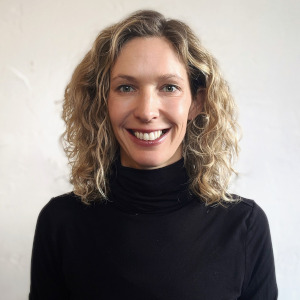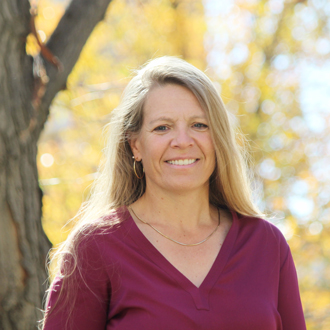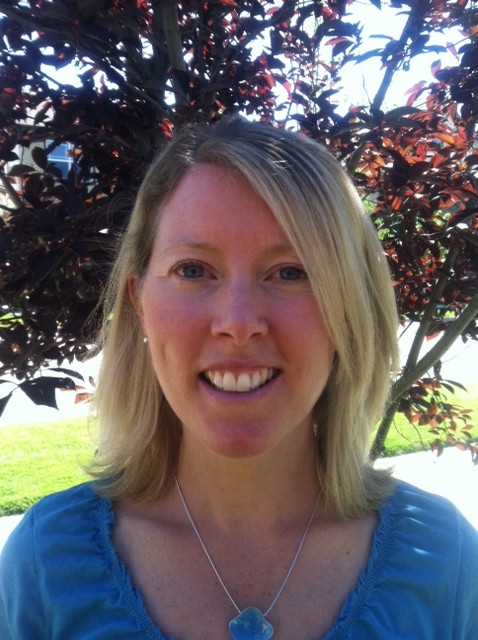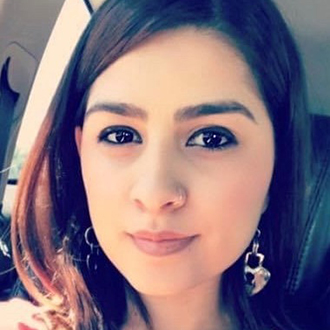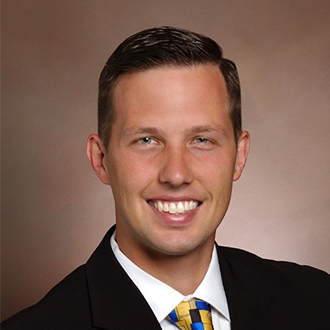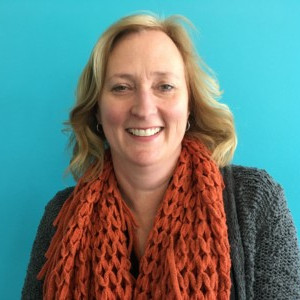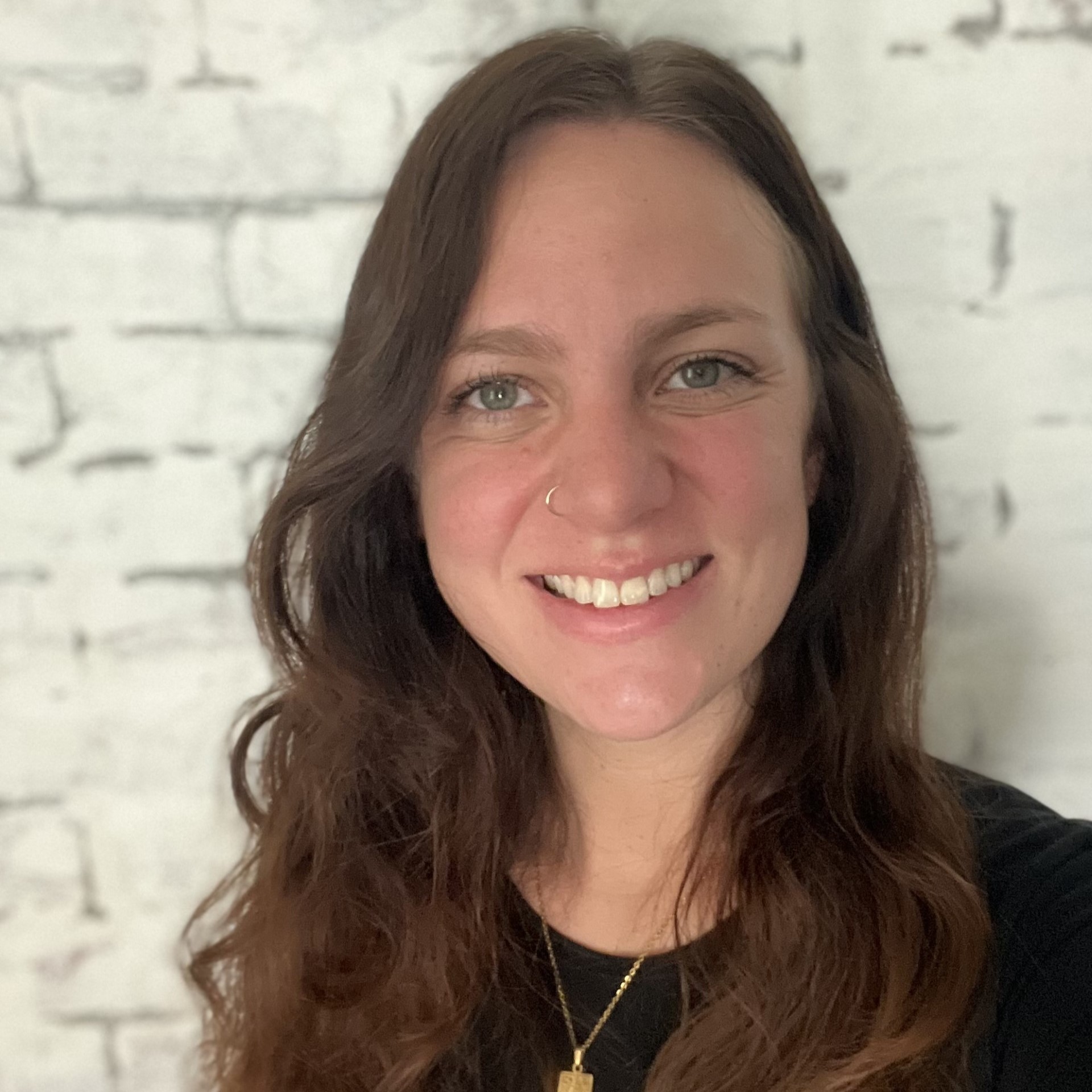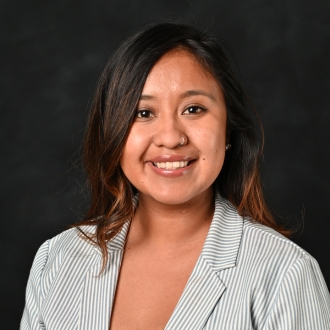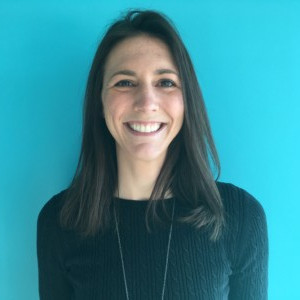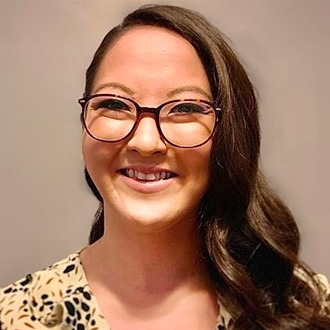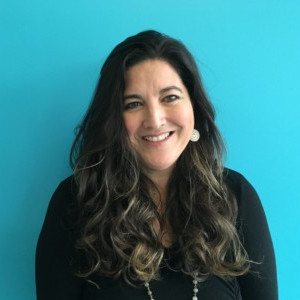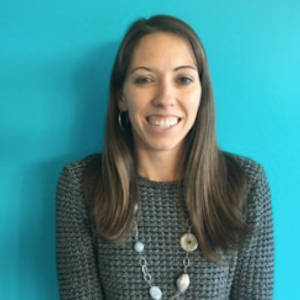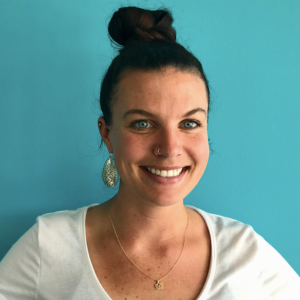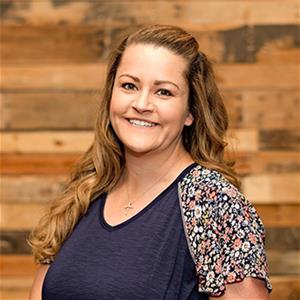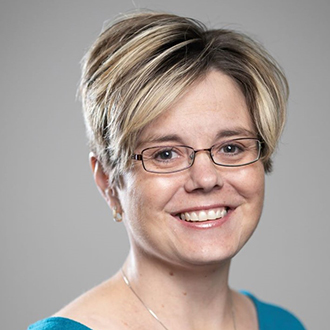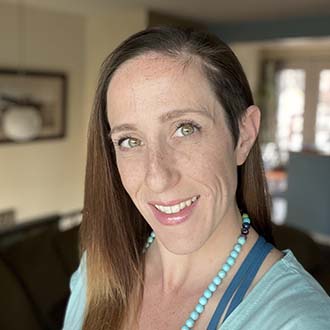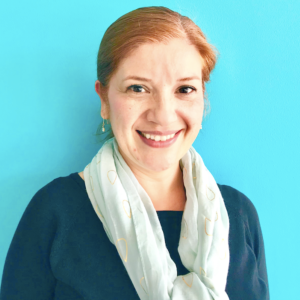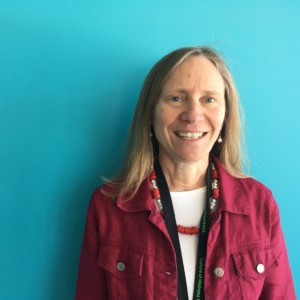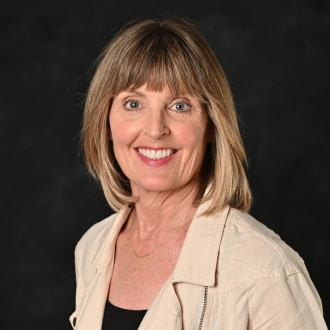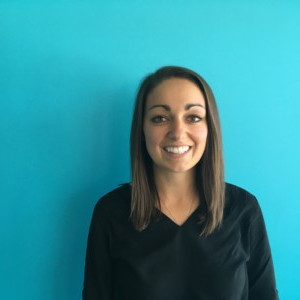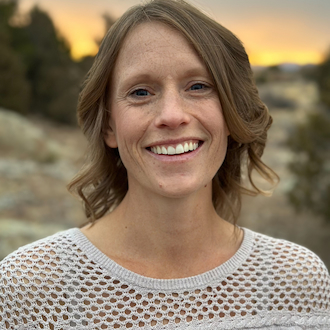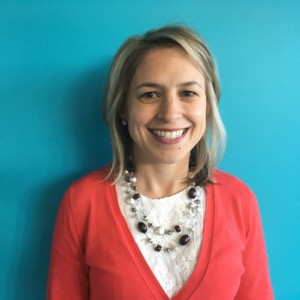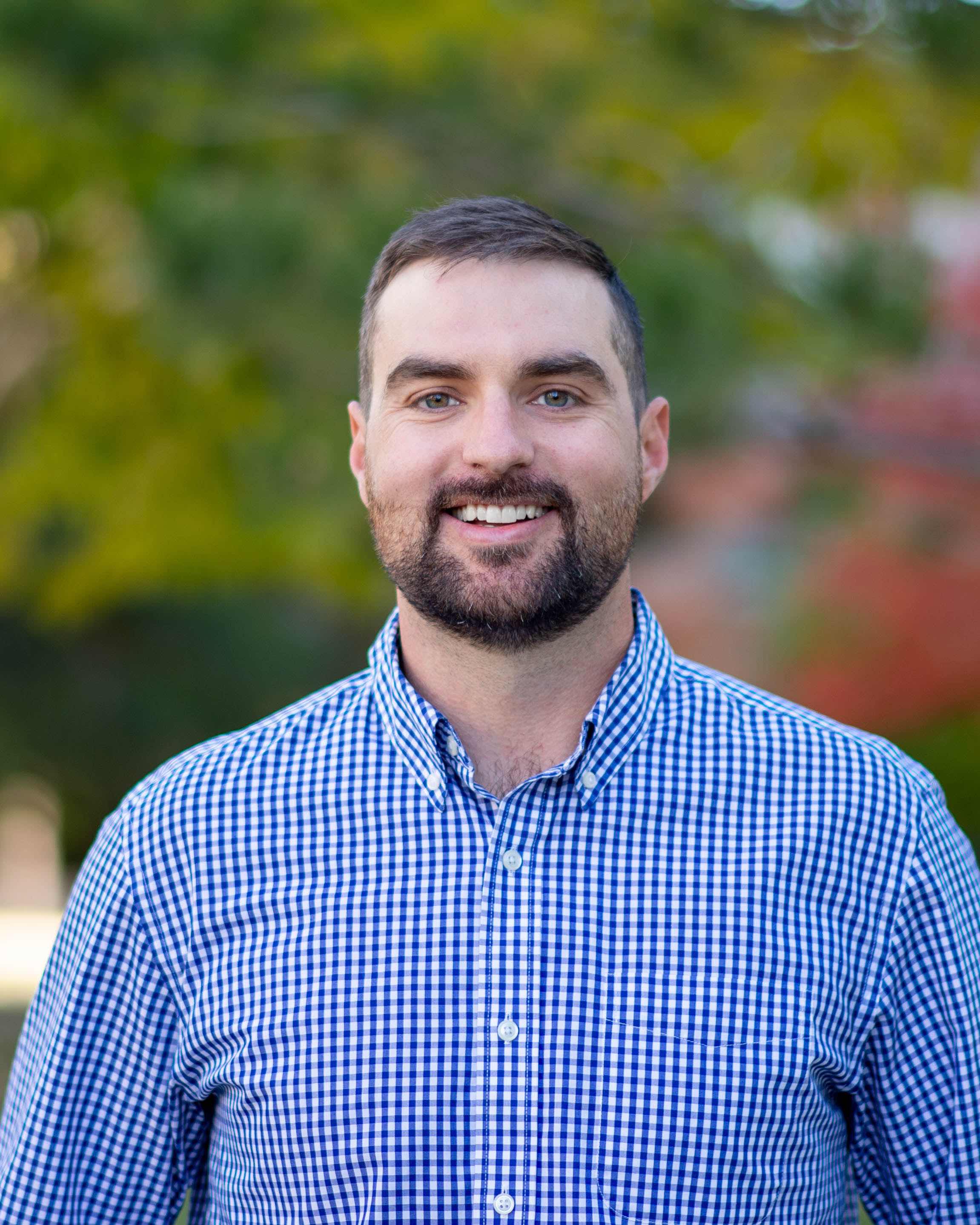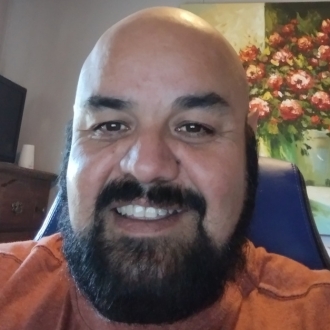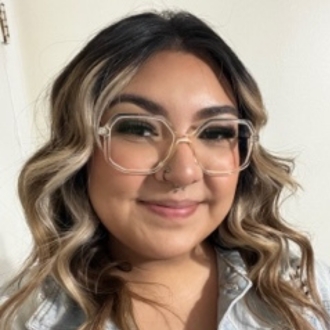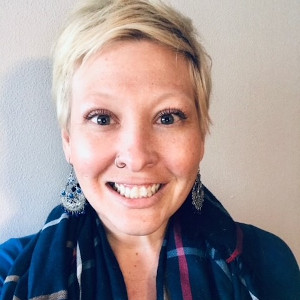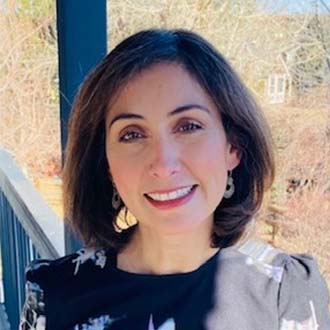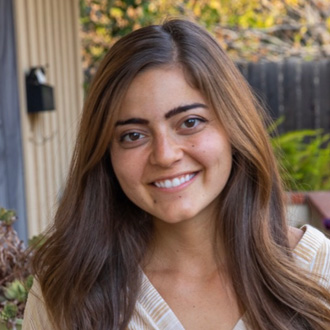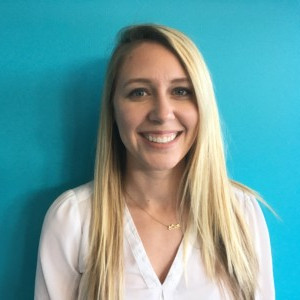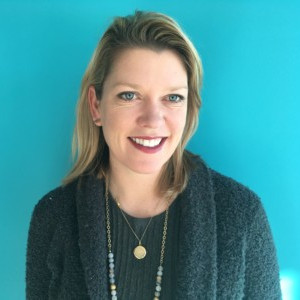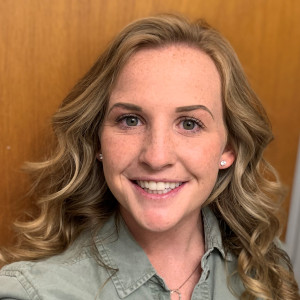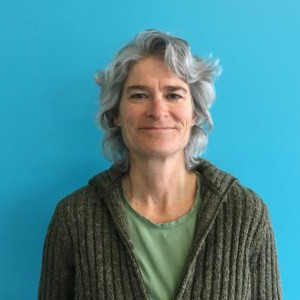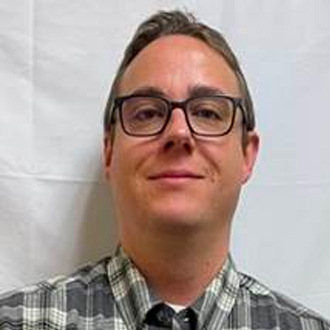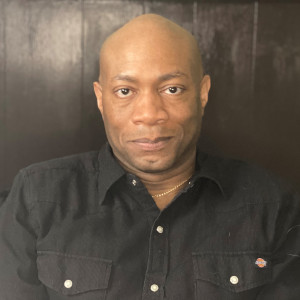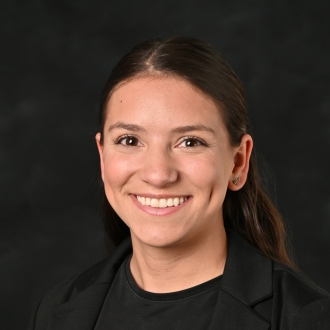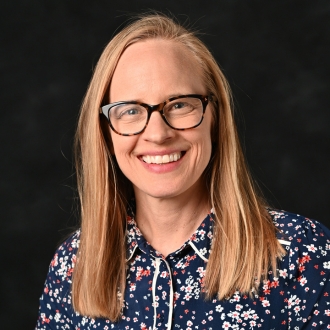Our Team
Directors
Jenn Leiferman PhD
Jini Puma PhD
Core directors and advisors
Elaine Scallan Walter PhD, MA
Affiliated faculty
Center administration and project staff
Emily Maiurro MS
Visit the directory for all members of our team, including affiliated staff. To find out more about our local and academic partnerships, check out our partners page.
Denver Team Member Highlight
/charlotte_biopic4_edited.jpg?sfvrsn=e45232bb_0)
Tell me a little about your background and previous experience.
I am an Assistant Professor with the Rocky Mountain Prevention Research Center and Director of the Population Mental Health and Well-being concentration at the Colorado School of Public Health. After receiving my MPH from the Tulane School of Global Health and Tropical Medicine with a focus on maternal and child health.
Why did you decide to work at CU and with the RMPRC?
I started working with the RMPRC as a Professional Research Assistant because of their focus on community-based participatory research and well-being promotion.
What are you currently working on?
I am now a Principal Investigator/Co-Principal Investigator on intervention projects which seek to promote the well-being of low-resourced populations (e.g., pregnant and postpartum individuals, early care and education caregivers). I am currently PI of a training grant funded by the National Institute of Minority Health and Health Disparities (Mothers Optimizing Resources Everyday (MORE)) where the primary research objective is to integrate advanced analytical modeling with qualitative data to inform the timing, duration, content and delivery modalities of a multi-level psychological capital intervention rooted in mindfulness-based best practices to promote perinatal well-being among specific low-resourced sub-groups. Her research experience, to date, is centered around three overarching goals: (1) to build expertise related to the analysis of developmental research questions using quantitative and qualitative methods, with specific focus on mental health (depression, stress, and anxiety) during sensitive periods (prenatal, postpartum, early childhood), (2) to investigate non-pharmacological methods (e.g. mindfulness and positive psychology interventions) that can be targeted and/or mobilized to optimize population mental health and resilience, and (3) to advance research in the field of dissemination science to identify core constructs that are most critical to enhance the uptake of evidence-based behavioral interventions into community and clinical settings. She enjoys collaborating with, and learning from, the excellent interdisciplinary researchers at the RMPRC, using mixed methods to investigate novel research questions, and partnering with local, national, and international communities.
San Luis Valley (SLV) Team Member Highlight
/mara-hsu.jpg?sfvrsn=d95332bb_0)
How long have you been in the San Luis Valley (SLV)? Are you a native? If not, what brought you there?
I am a native of the San Luis Valley. Both of my parents grew up here as well. An interesting little fact is that both of my boys graduated from the same high school that my father and I did.
Tell me a little about your background and previous experience.
My background is in Early Childhood, and initially, I joined the STANCE project as an Early Childhood coach and trainer. I have been in many roles in the Early Childhood field, from parent volunteer to director of a large center and everything in between. Working for the San Luis Valley Early Childhood Council, I learned the importance of data and how it relates to various decisions and outcomes, regardless of the field.
Why did you decide to work at CU and with the RMPRC?
When the STANCE project was introduced to the SLVECC staff, I was so excited to be a part of something that added research to the work we did every day. When the opportunity arose to join the STANCE project as a coach, I jumped at the chance to be a part of something that, in my opinion, can change the early childhood landscape.
What do you enjoy most in your role?
I moved into the office manager of the SLV RMPRC office and a professional research assistant as the STANCE project nears the end. Throughout my career, I strived to learn more about how data impacts my work and those around me. I also enjoy bringing people together. This new role is an excellent blend of both. I get to advocate for the early childhood field, participate in different ways, and grow as a professional in the research field. I enjoy our team and the fantastic people I work with and learn from. I enjoy at the end of the day; the hard work and the data will tell a story that will be shared long after I am gone.



